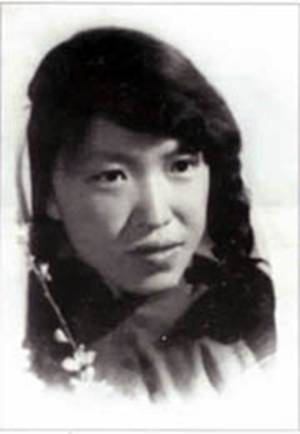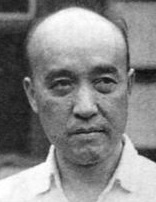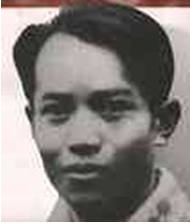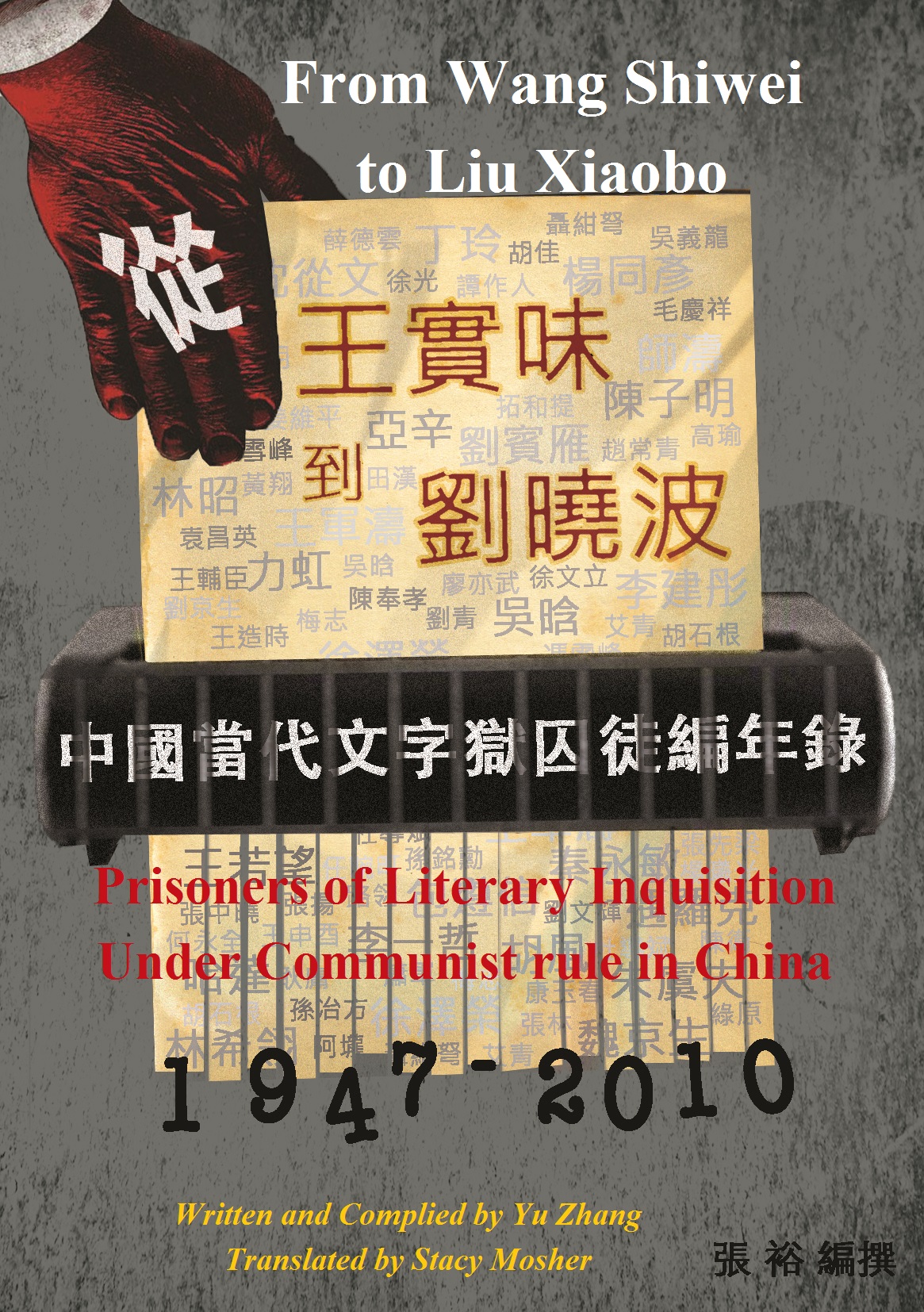From Wang Shiwei to Liu Xiaobo: Prisoners of Literary Inquisition under Communist Rule in China
 Lin Zhao (born Peng Lingzhao, December 16, 1931 – April 29, 1968), a university student, editor and writer, was sent to labor reform as a “student Rightist”and then arrested in 1960 as an “active counterrevolutionary” on the basis of poems she published in an underground magazine. After eight years of torture in prison, she was executed. Continue reading
Lin Zhao (born Peng Lingzhao, December 16, 1931 – April 29, 1968), a university student, editor and writer, was sent to labor reform as a “student Rightist”and then arrested in 1960 as an “active counterrevolutionary” on the basis of poems she published in an underground magazine. After eight years of torture in prison, she was executed. Continue reading



